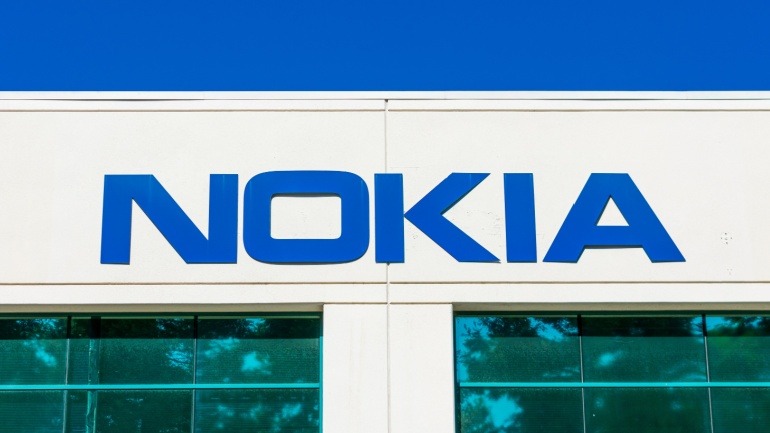Open Gateway, initiated by GSMA, is set to redefine mobile networks with standardized telecom APIs, underpinning 5G’s potential. With coverage from 67 global operators, it aims to streamline developer interaction and offers vast opportunities for API-driven fraud prevention, edge computing, and digital transformation.
The EU is advancing its satellite broadband network, IRIS², to rival Starlink. With a €10.6 billion budget, the constellation of 300 satellites will deliver secure communications across Europe and Africa by 2030.
The latest GSMA report indicates limited progress by hyperscalers like AWS, Microsoft Azure, and Google Cloud in embracing the Open Gateway initiative for mobile networks. Telecom vendors such as Ericsson and Nokia are advancing API initiatives.
Boingo Wireless has transformed Rhode Island Convention Center with state-of-the-art Wi-Fi 6 and private CBRS network, elevating connectivity for events. This advanced infrastructure streamlines operations, enhances security, and optimizes fan experiences.
TransPennine Express partners with MLL Networks to revolutionize rail connectivity through advanced VoIP technology and SD-WAN solutions. This initiative promises enhanced network security, resilience, and bandwidth, ensuring seamless communication across regions. MLL’s expertise integrates dual circuit and Fortinet firewalls, optimizing VoIP performance and passenger experience in the transportation sector.
SFR introduces innovative 5G slicing services for businesses, leveraging 5G Standalone technology in the 3.5 GHz band. These services tailor connectivity needs with “privileged access” and “tailor-made slicing,” enhancing enterprise solutions.
Nokia has unveiled a groundbreaking 5G-enabled Nokia 360 Camera designed for Industry 4.0 applications. Featuring immersive 8K streaming and connectivity via 5G, Wi-Fi, and Ethernet, this camera blends cutting-edge virtual reality capabilities with robust durability.
Quickline’s launch of a telecoms apprenticeship program is revolutionizing rural broadband through skills development. The initial cohort of apprentices enrich Quickline’s operations, gaining practical experience and enhancing gigabit broadband delivery in rural Yorkshire and Lincolnshire.
Toll-free numbers have been a staple of business communications for decades. They allow customers to call an enterprise without incurring charges, and are a proven way to help drive growth, enhance service, expand customer knowledge, and project corporate reliability. These phone numbers have been widely adopted not only by large corporations but also by small businesses, non-profits, and government agencies, underscoring their versatility and importance across diverse sectors. Today, there are over 44 million toll-free numbers in use in the US. However, the future of toll-free phone numbers is a topic of much debate in the ever-evolving landscape of digital communications. Despite the rapid growth of internet-based communication methods such as email, social media platforms, and chatbots, toll-free numbers still hold a significant place in business communications. This article explores the uses, importance and enduring benefits of toll-free numbers, and why businesses will continue to rely on them in the…
Cubic Telecom and Skylo Technologies have forged a landmark partnership to enhance vehicle connectivity through integrated satellite solutions. This collaboration leverages Skylo’s non-terrestrial network technologies with Cubic’s existing offerings, ensuring seamless communication across cellular and satellite networks.













